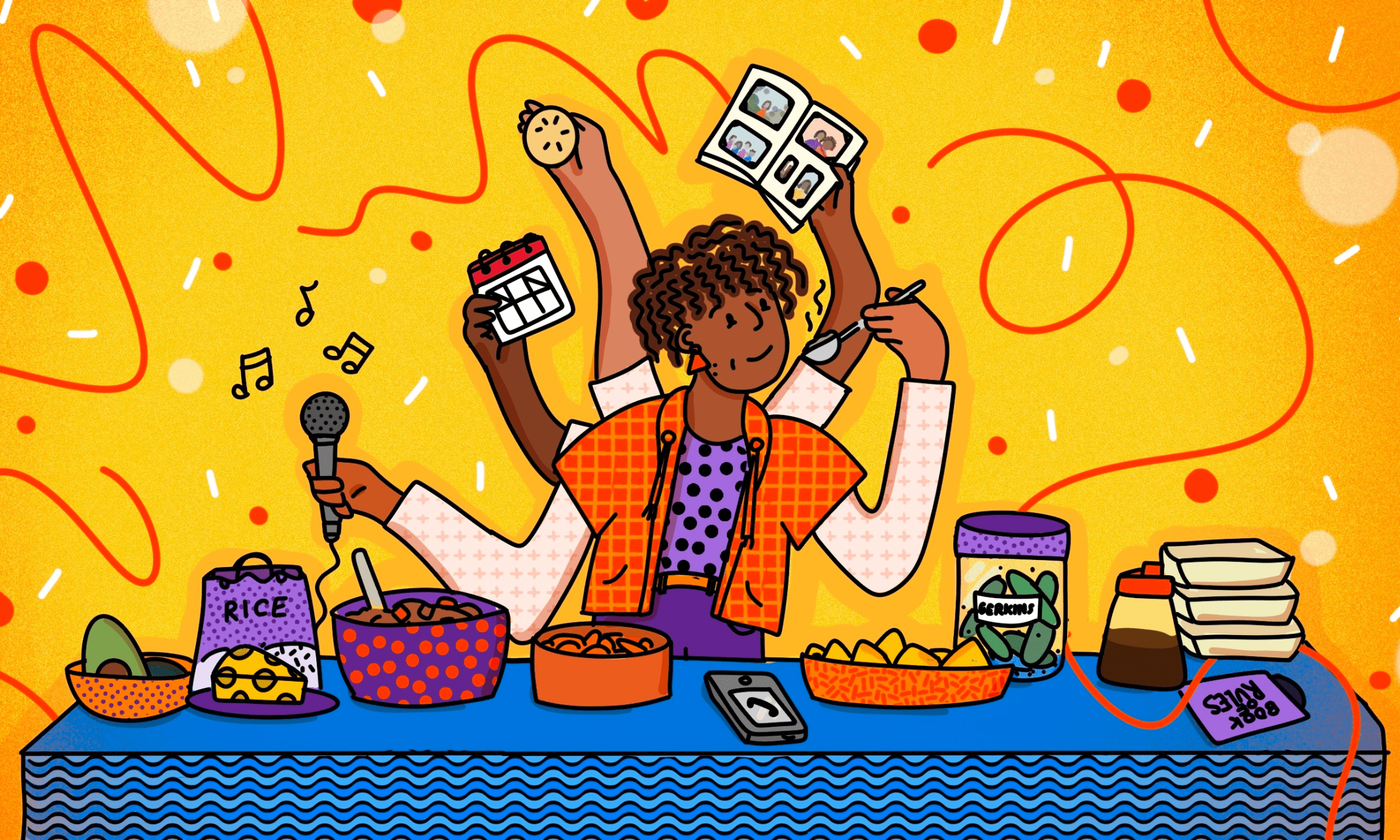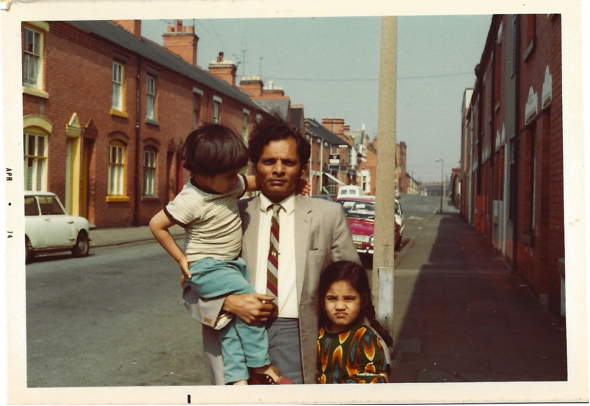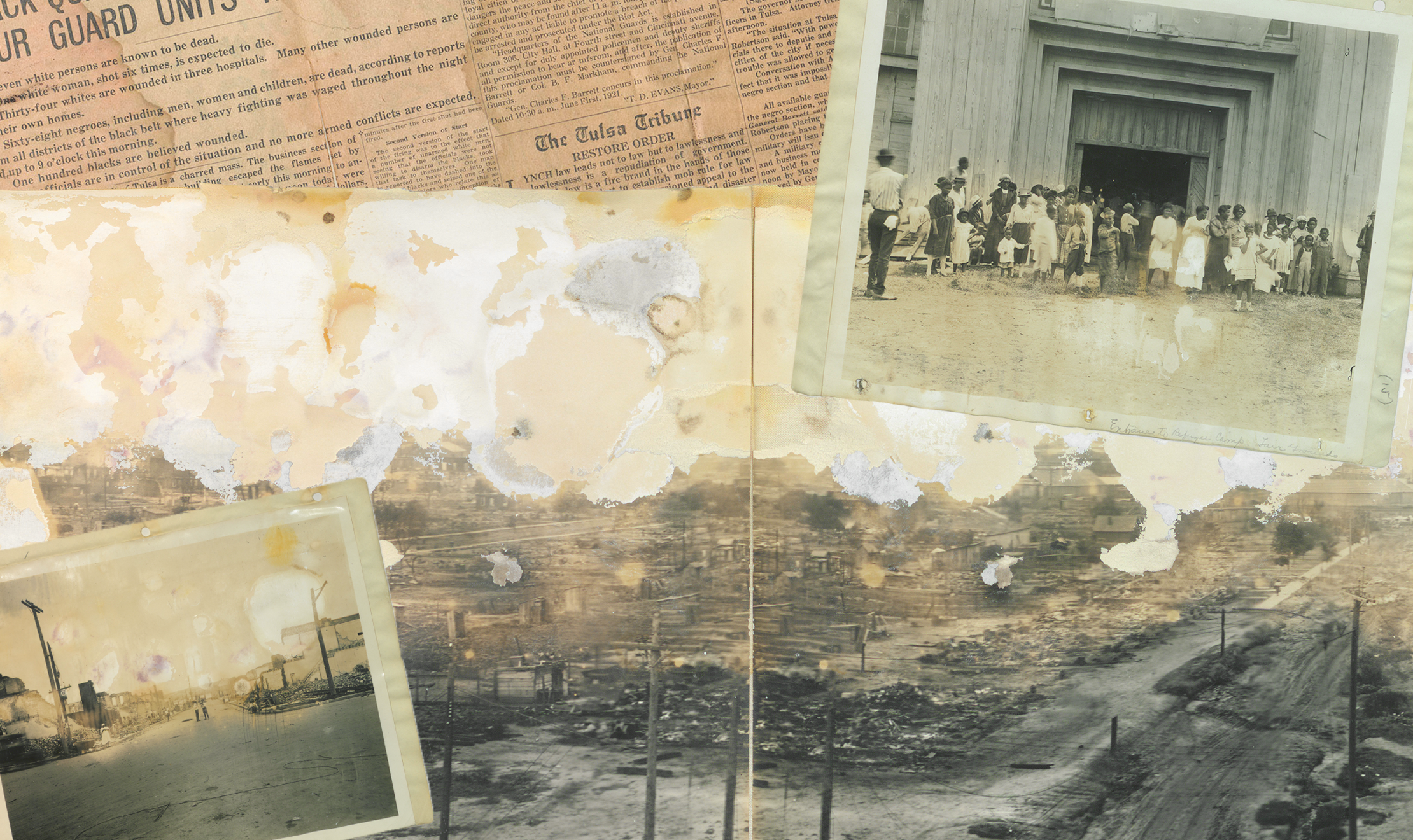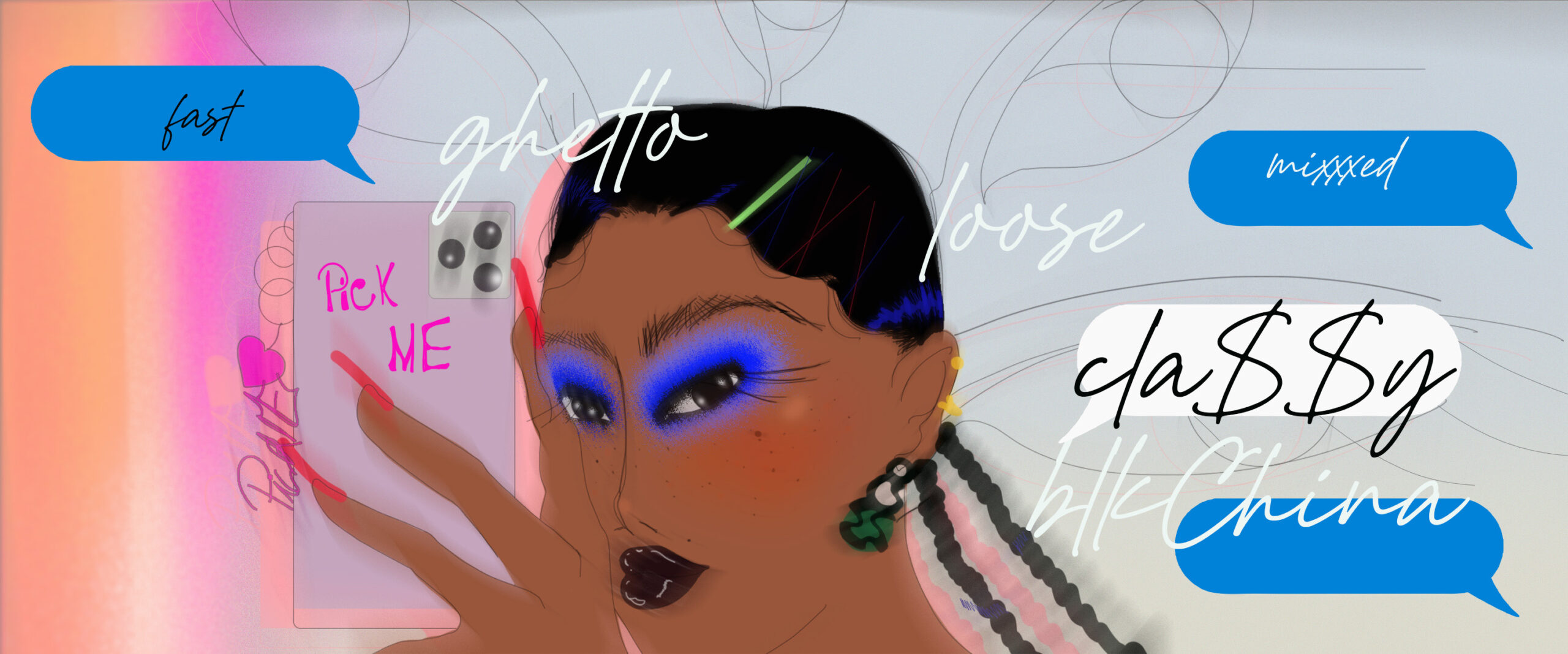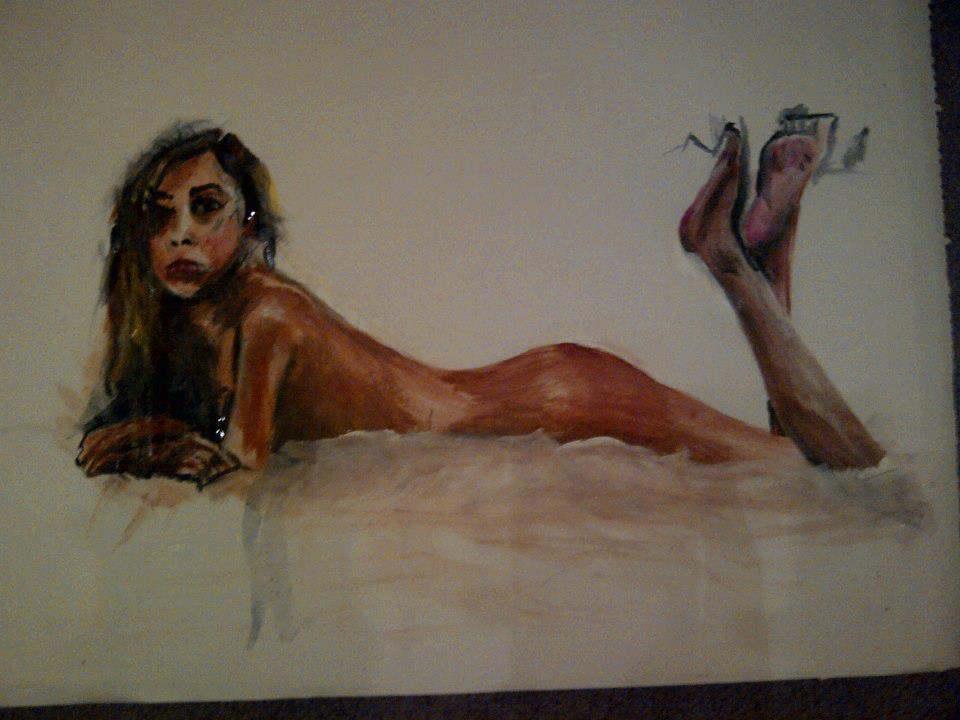
In Australia, people are notably less politically correct than in the UK. It’s pretty same-y in New Zealand, and dead-set crass in any middle or south eastern country. Frankly though, the crasser the better.
“Where are you from?”
“London.”
“But like, where do your parents live?”
“England.”
“So… what’s your nationality?”
Working in a coffee shop, behind a bar or around a pole as a brown-skinned, English-speaking female provokes questions. And the amount of ways that those questions can be phrased and rephrased is extensive, if not infinite. “What’s your ethnicity, bloodline, heritage, descendence?” Basically, why do you sound so British yet look so miscellaneous? It’s a barrage of half-polite, totally confused questions, all trying to gauge how to make sense of this chocolate covered, coconut flavoured Revel. And that’s what these questions are, placing somebody onto a scale of varying factors, figuring out who they are by where they’re from, and deciding what to think of them because of their heritage.
Who is to say that it’s wrong? Prejudice is a deep-rooted survival instinct, inherent in our genetic make-up; judging one another is what has made the species prevail. We look at our surroundings and we assess suitable partners, those with whom we will procreate successfully, those with whom we will create the ultimate offspring. Creatures search to survive; they select in order to succeed.
“Instinct is now about not only mere survival, but also progression.”
But we human beings are evolved creatures. Instinct is now about not only mere survival, but also progression. Humans communicate, they have empathy, reality and harmony. Our minds have the capacity to understand each other beyond the sole peripheries of carnal desires, and we now seek to prevail both mentally and physically.
We cannot alter what we are born into. Be it skin, money, colour, poverty, the formative precursor to our life is not one we are accountable for; empathy will teach us this. What we do with the matter in our heads, however, we can control, develop and utilise. So now it seems that the question “Where are you from?” is, if not redundant, somewhat wasteful. Yes, it allows the asker to place a set of stigmas on the recipient, and yes, it allows the recipient to make a rapid assessment of the asker. But today, these small assessments are of only minor use, if any at all.
“But whereabouts?”
“North West London.”
“Yeah, but where exactly?”
“You won’t have heard of it, trust me, people do this every single day.”
“Go on, try me.”
“Northwood.”
“Oh.”
Countless time is wasted in asking the irrelevant and processing the unnecessary. In that time, they could have learnt what makes their counterpart’s heart sing, how they’re feeling, what they’re up to, something present, something relevant. So comes to fruition the waste of life that is symbiotic with dwelling. To refrain from the peril of furthering this, it becomes a notably worthy thought to focus on the present when asking somebody about themselves. To assess them, if we must, on where they are, why they are there, how they are, and further, where they’re going. What they’re building, what they will be, where they will go.
“Who we are is a culmination of factors.”
Make no mistake, this is no denial of roots. The forming factors of someone’s past will infallibly be realised once said factors become relevant. These roots make us who we are, an evolved state of what we once were. But in the mean time, perhaps we’re asking all the wrong questions. Who we are is a culmination of factors. The stigmas inherent in basic, pigeon-hole style questions, demean the plethora of characteristics and qualities that we are. Yet, political and social spheres today render our skin, heritage and why we look the way that we do of profuse importance. And to what avail?
Maybe it’s time to stop moving backwards: it’s not what we’re from, it’s where we’re going.

